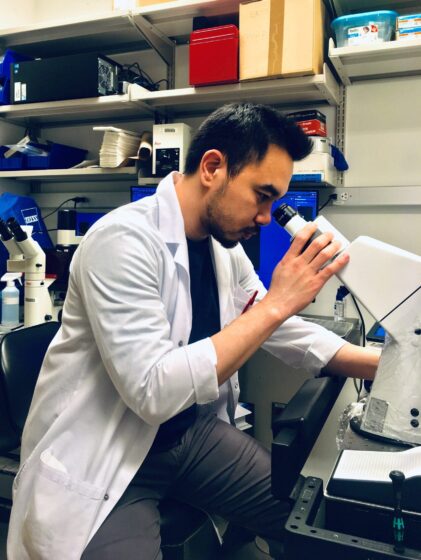Grants & Fellowships
Funding Opportunities
The PhRMA Foundation catalyzes the careers of promising researchers through competitive, peer-reviewed grants and fellowships.

Predoctoral Fellowships
Award recipients receive stipend support of $30,000 per year for 12, 18 or 24 months.
Postdoctoral Fellowships
Award recipients receive stipend support of $60,000 per year for 12, 18 or 24 months.

Faculty Starter Grants
Award recipients receive project support of $100,000 for one year.
Other Opportunities
The PhRMA Foundation periodically offers special funding opportunities to address specific research questions or topics of interest.
Apply Now
Get details our application process, including eligibility criteria, funding limitations, and proposal requirements.